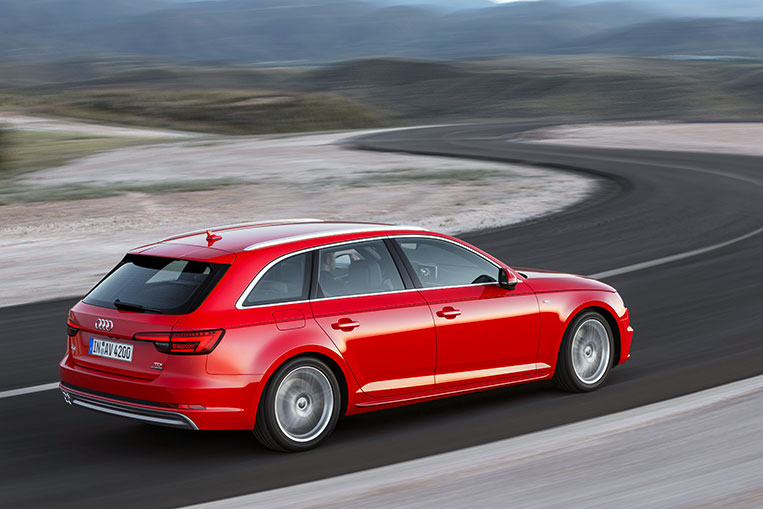
What many feared has actually happened: A Federal Administrative Court in Germany yesterday ruled that cities in the country can legally ban certain diesel cars from areas where high levels of pollution in breach of European limits are being measured. While the case was the result of just two cities (Stuttgart and Düsseldorf) bringing in bans that the respective states then decided to appeal against, it does set a precedent for other towns and may even lead to similar actions across Europe.
Yesterday’s ruling is no doubt another nail in the coffin of the engine that its inventor Rudolf Diesel first wrote about in 1893. It essentially gives every city in Germany the right to ban diesel cars from its roads under certain circumstances, potentially affecting up to 12 million cars and their owners, who might see the value of their rides reduced significantly as a result.
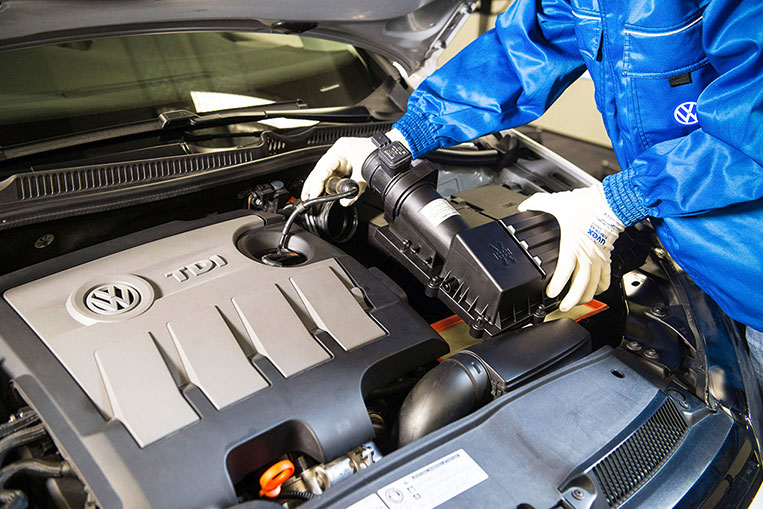
Carmakers could now also find themselves being forced to install expensive hardware upgrades in millions of vehicles so that nitrogen dioxide emissions can be reduced to acceptable levels. Much of this mess, of course, originated from Volkswagen’s Dieselgate emissions scandal in 2015, when the company admitted it had used illegal software to cheat emissions tests in the US, as well as the decision by German politicians to not act tough in the wake of it. While some people called for drastic measures following the scandal, more powerful politicians decided to continue their soft approach toward the almighty car lobby, chief among them the then Minister of Transport Alexander Dobrindt.
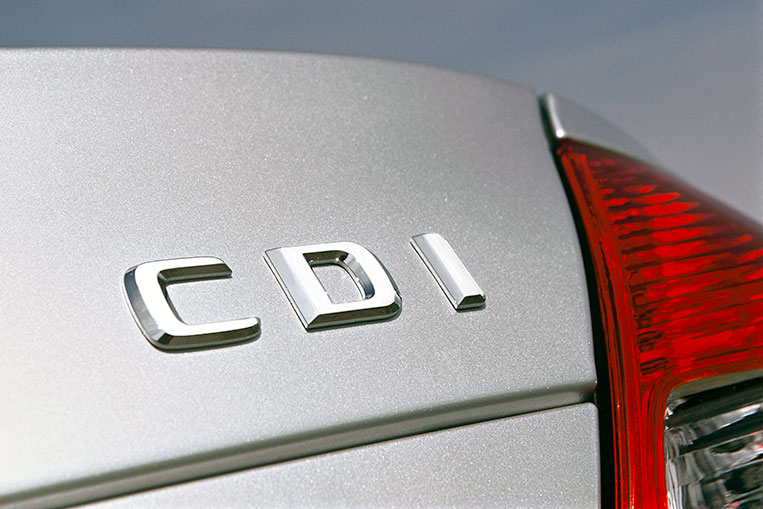
Dobrindt, whose continued incompetence in various political roles has become a bit of a running joke in the country, knew for a long time that decisive action should have been taken, and that manufacturers—as the ones who caused the mess in the first place—should have been forced to fix their cars and make sure they comply with European and national laws. Instead, he decided to cozy up to the car lobby and did almost nothing to fix the actual problem, which just blew up in everybody’s face.
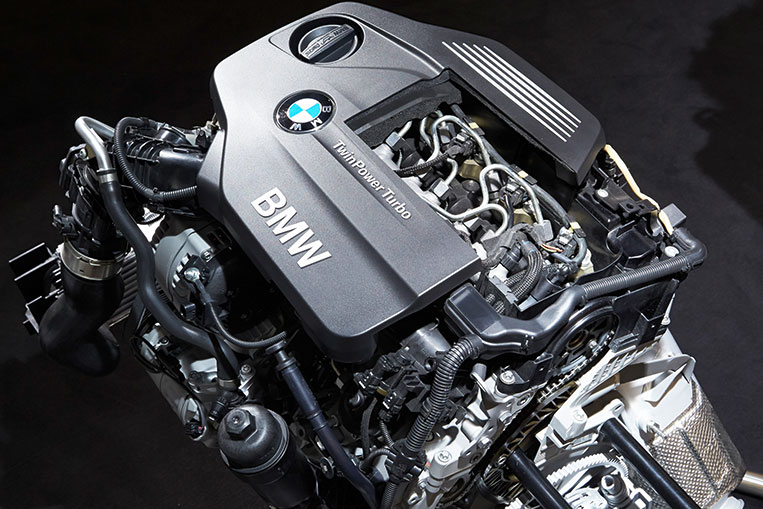
A number of German cities have already announced plans to introduce driving bans on diesel vehicles, and while newer (and compliant) cars will be exempt, it may still put a lot of people off the road and off diesel as a whole. The decision of politicians to stick their heads in the sand in the wake of the emissions scandal—instead of using it as an opportunity to clean up the whole industry—is now coming back to haunt them, and the only silver lining is that this could accelerate the development of cleaner technologies, an area in which German carmakers are still playing catch-up at the moment. The hearse that will carry the diesel engine to its grave will most likely be electric.

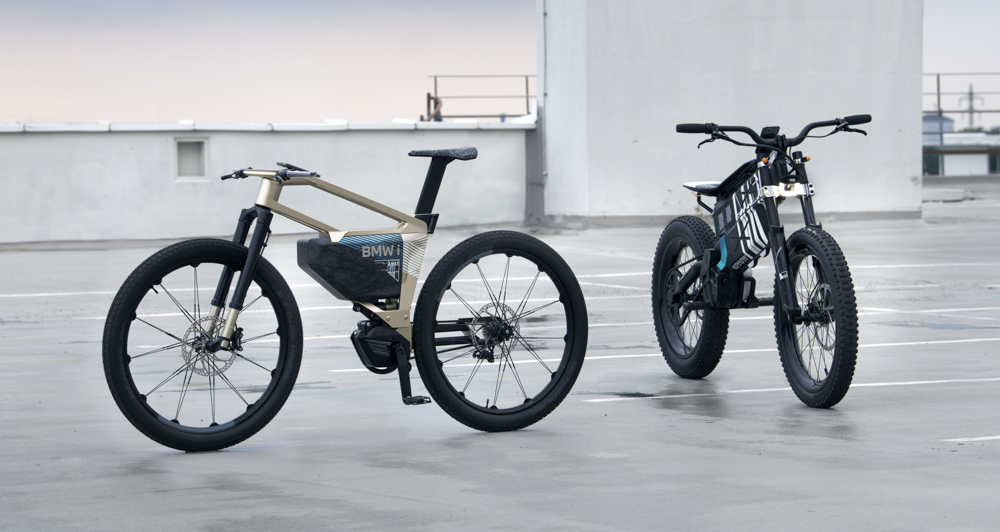
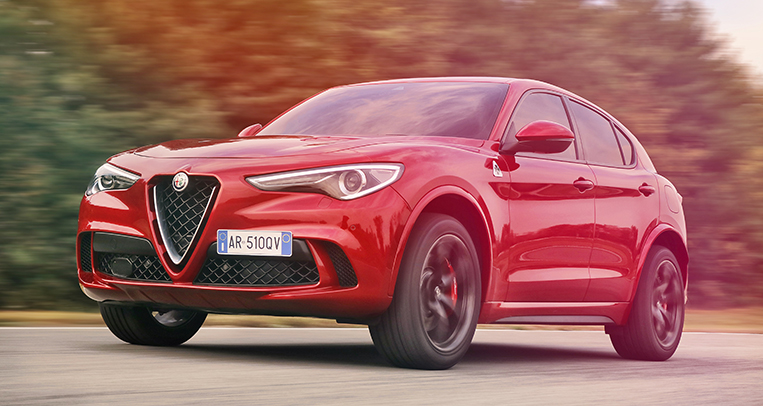
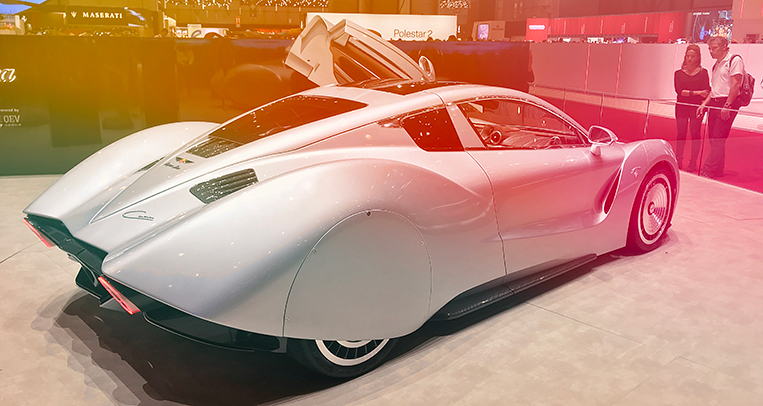

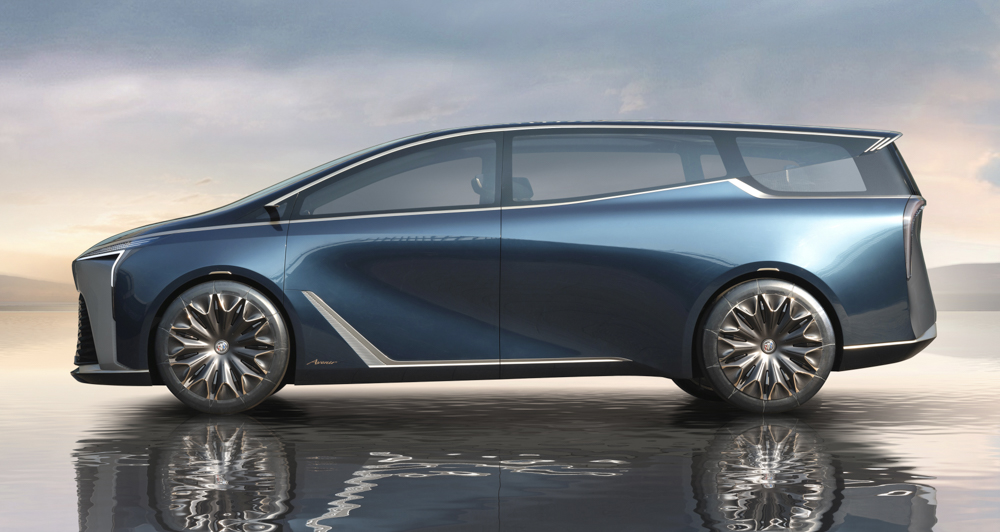





Comments